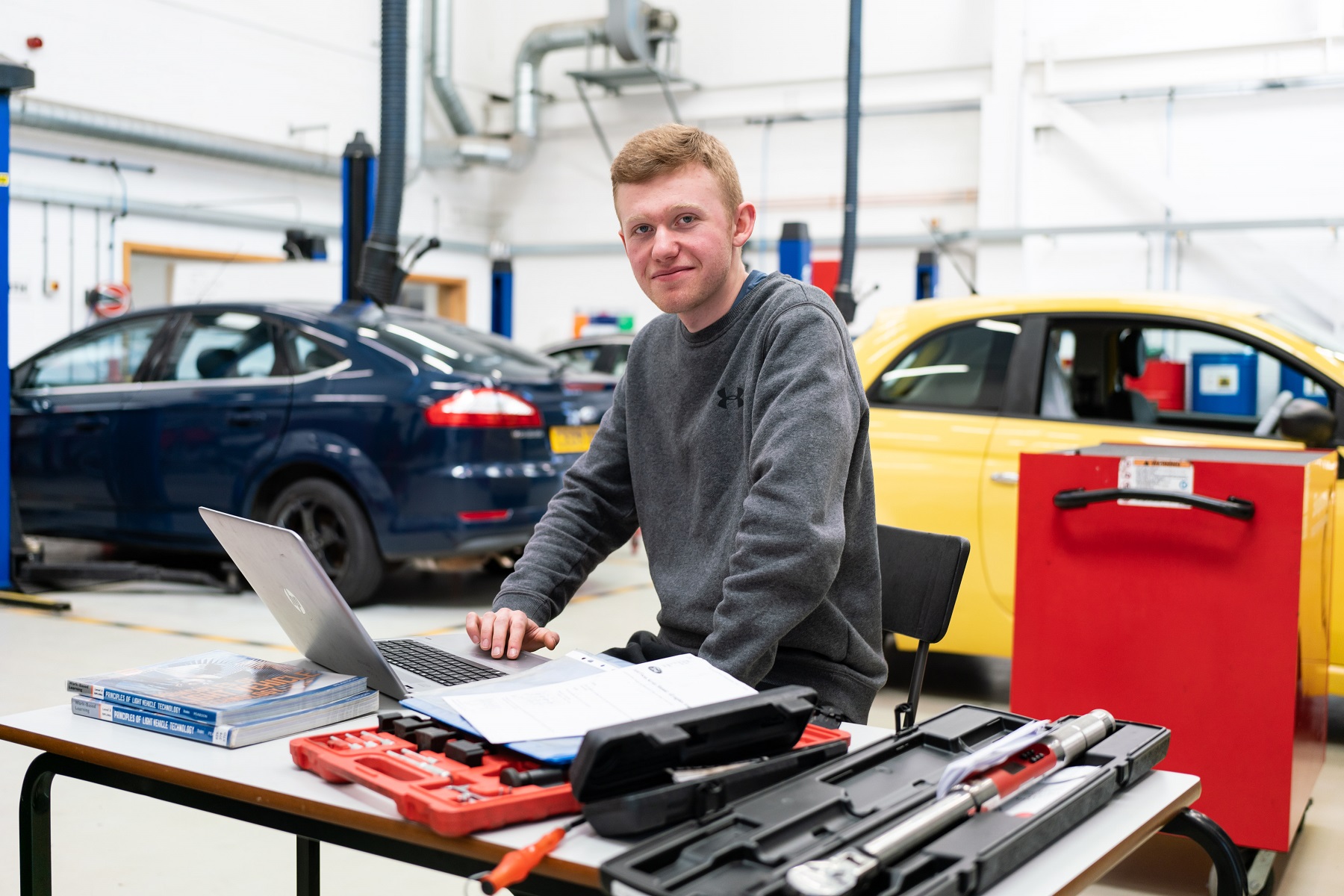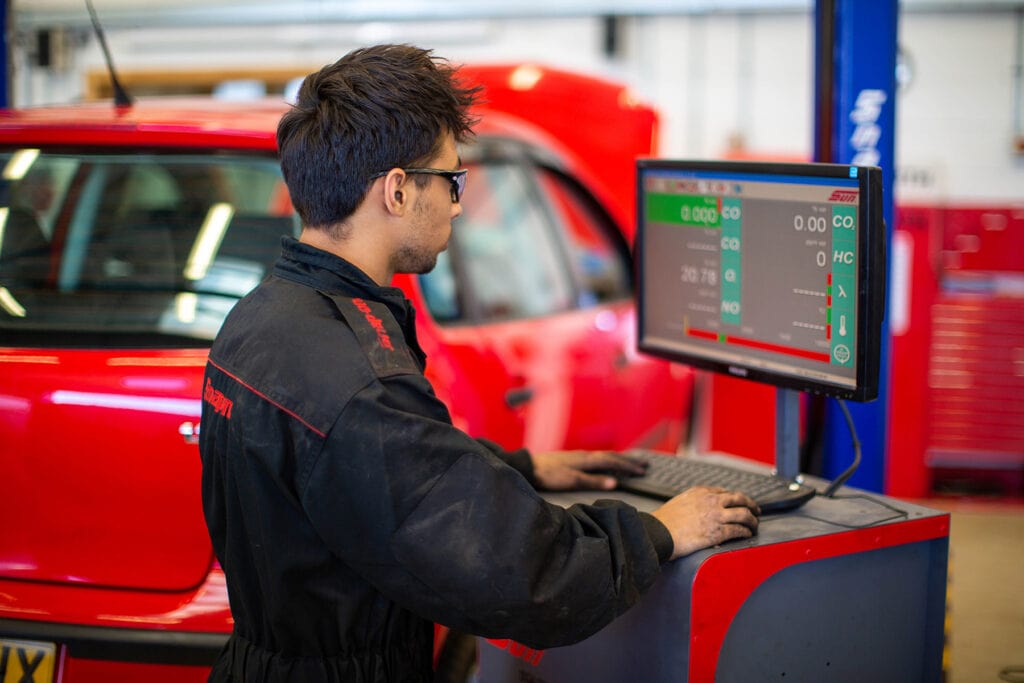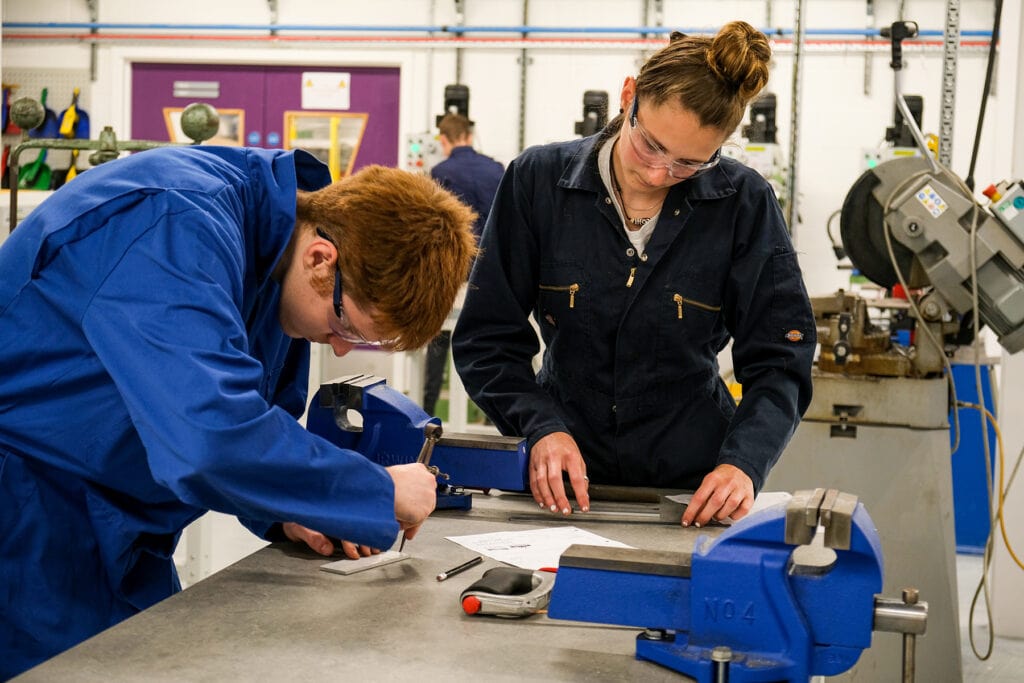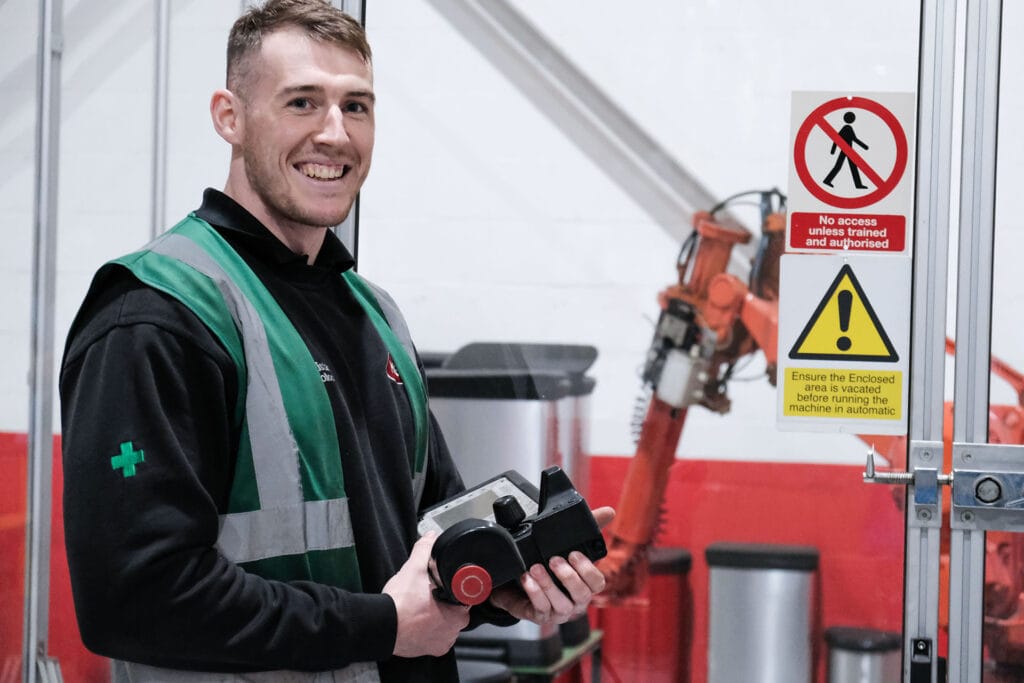Look in your inbox for an email we’ve sent today that contains all the information you need to start back with us on Tuesday 09 September college ready.
Why Choose This Course?
This apprenticeship standard is designed for individuals passionate about vehicle maintenance and repair. Apprentices will gain essential skills in inspecting, diagnosing, and repairing various vehicle systems, ensuring roadworthiness and safety. This programme covers a wide range of technical knowledge, including tyre fitting, battery replacement, and basic electrical fault diagnosis. Employers benefit from having skilled technicians who can provide high-quality service and support to customers. This apprenticeship is ideal for those looking to start a rewarding career in the automotive industry.
Apply for this course
Start date: 06/10/2025
Top Course Highlights
Industry-standard facilities
Highly experienced tutors
Develop skills in line with industry needs

Learn from sector experts
Gain invaluable insights and hands-on experience from industry expert tutors who bring real-world knowledge and expertise to the classroom. Their guidance will help you develop the skills and confidence needed to excel in your chosen field.
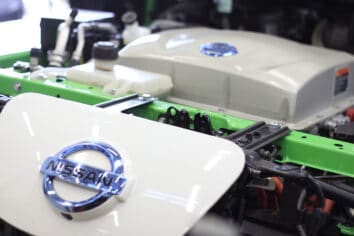
Develop work-related skills
Enhance your practical abilities and gain hands-on experience that directly translates to the workplace. This apprenticeship course focuses on real-world applications, ensuring you are well-prepared to meet the demands of your chosen career.
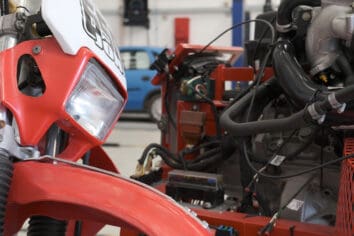
Enjoy professional surroundings
Immerse yourself in a dynamic and supportive environment that mirrors the professional world. This apprenticeship course provides access to state-of-the-art facilities and resources, helping you to thrive and feel confident in your career journey.
What Will I Learn?
Knowledge This apprenticeship covers essential knowledge areas for vehicle maintenance and repair. Apprentices will learn about vehicle systems, including tyres, batteries, and basic electrical components. They will gain insights into diagnosing and rectifying faults, understanding health and safety regulations, and providing excellent customer service. The programme also includes training on using diagnostic equipment, understanding vehicle legislation, and maintaining accurate records. This knowledge ensures apprentices are well-prepared to perform a wide range of tasks and contribute effectively to their workplace.
Skills This apprenticeship equips apprentices with a range of practical skills essential for vehicle maintenance and repair. Apprentices will develop proficiency in inspecting and diagnosing faults in various vehicle systems, performing tyre fitting, battery replacement, and basic electrical repairs. They will learn to use diagnostic equipment effectively, maintain accurate records, and adhere to health and safety regulations. Additionally, apprentices will gain skills in customer service, ensuring they can provide high-quality support and build strong relationships with clients.
Behaviours Apprentices should demonstrate professionalism, attention to detail, and a commitment to continuous learning. They are expected to maintain high standards of customer service, work safely, and communicate effectively, ensuring they contribute positively to their workplace and uphold the reputation of the automotive industry.
Typical Duties that an Apprentice will carry out in the workplace:
- Inspecting and diagnosing vehicle faults: Conducting routine inspections and identifying issues in various vehicle systems.
- Performing maintenance and repairs: Carrying out services such as tyre fitting, battery replacement, and basic electrical repairs.
- Using diagnostic equipment: Operating tools and diagnostic equipment to identify and rectify faults.
Where will it take me?
Completing the Autocare Technician Apprenticeship opens up various career opportunities in the automotive industry. Apprentices can progress the Level 3 Motor Vehicle Service and Maintenance Technician Apprenticeship Standard with Truro & Penwith College. This apprenticeship provides a solid foundation for a dynamic and rewarding career, with many paths for growth and specialisation.
Assessment Arrangements
The End-Point Assessment (EPA) is a crucial component of apprenticeship standards, designed to evaluate an apprentice’s knowledge, skills, and behaviours (KSBs) acquired during their training. The EPA typically includes a combination of practical assessments, professional discussions, and portfolio reviews, ensuring apprentices are fully prepared for their chosen career. This assessment is carried out independently by an End-Point Assessment Organisation (EPAO), ensuring impartiality and fairness. Employers play a key role in confirming readiness for the EPA, supporting apprentices throughout the process to achieve successful outcomes.
EPA (End Point Assessment) methods
- Practical Skills Assessment with Questions
- Professional Discussion (Interview) underpinned by a Portfolio of Evidence
Entry Requirements
Grade 2 GCSE (E) in English and Maths.
Meet the staff, tour the campus and find out about life as a student at one of the best colleges in the country.
